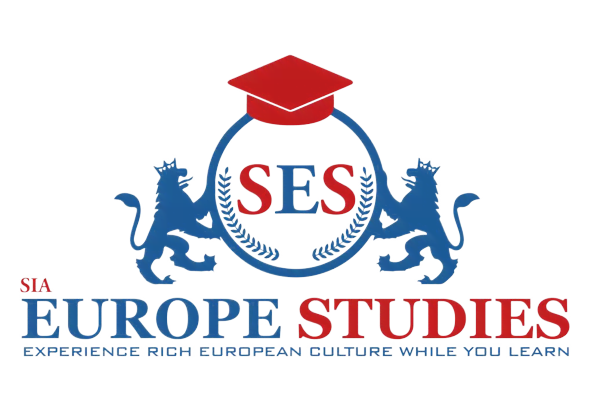
Course Info
About the programme:
The aim of the study program is to promote the development and competitiveness of the teaching, management and research skills of students in the field of education and motivate further academic growth. This programme has been developed in co-operation with three partner universities in Latvia. As a result of passing the program, the master students obtain qualifications to continue their academic research in doctoral studies.
Career Opportunities:
The programme “Educational Sciences” is an academic programme and is oriented towards the preparation of higher-level managers in education, teachers-supervisors and mentors in any sphere of education. This programme ensures all the necessary preconditions for a successful career related to education in public and private sector.
Modules:
- “Diversity and Inclusion in Education”
- “Teaching and Learning for Competence”
Study Outcomes:
1. understanding about educational sciences (integrating in them also other sciences connected with human life activity) and their sub-branches, theory and practice, education systems, history, developmental trends, research topicalities in Latvia, Europe and the world;
2. understanding about the research process that includes the research logics, diverse research methods, the interpretation and dissemination of the research data;
3. critical understanding about the connection of the educational theories, researches and pedagogical regularities with the practice;
4. understanding about the pedagogical process and optimal learning environment in diverse education contexts;
5. demonstrated integrated knowledge and awareness of the education management, reciprocal interaction of employees in the education process in different stages of education, in the research process, mentorship in education, and communication in the teamwork in education institutions on different levels.
- Skills:
6. systemically and critically analyses societal processes, theories, research data connected with education, education policies and legal topicalities in Latvia, Europe and the world;
7. critically analyses complex problems of educational sciences in different stages of education and professional work, justifying and defending the personal opinion providing arguments in oral and written form;
8. plans, implements, assesses and improves the pedagogical work in accordance with the needs of different educational target groups in different contexts, forming a safe and supportive, optimal teaching/learning environment;
9. formulates, analytically describes and presents information, problems and solutions in educational sciences, in the professional work of teachers and education managers;
10. reasonably explains and discusses complex or systemic aspects of educational sciences and the professional work of teachers and education managers, results of international and local studies both to the experts in the field and non-specialists and the society at large, presents the findings of the research in different audiences;
11. applies independently theories, methods and problem-solving skills in order to perform research in educational sciences.
- Competence:
12. formulates independently and analyses critically complex scientific and professional problems in education, justifies decisions, in case of need, performs additional analysis of problems using the acquired knowledge and skills in new or unpredicted situations;
13. integrates knowledge and skills of different fields in an autonomous decision-making process, gives contribution to the creation of new knowledge, the development of research and professional methods, taking into account the ethical responsibility for the probable impact of the science results and professional work on the society in the context of sustainable development;
14. encourages and implements innovative, theoretical and research-based changes in education in one’s place of work and society, assessing responsibly the probable impact of the action on mutual relations of education and the society;
15. manages or coordinates interdisciplinary teams, implements in practice mentoring, performs educational work in accordance with the needs of different educational target groups in the inclusive educational environment, taking responsibility for one’s own initiative, the results of the staff and team work;
16. reflects on the personal learning process and the achieved outcomes, directs one’s further improvement of knowledge, skills and competence.

